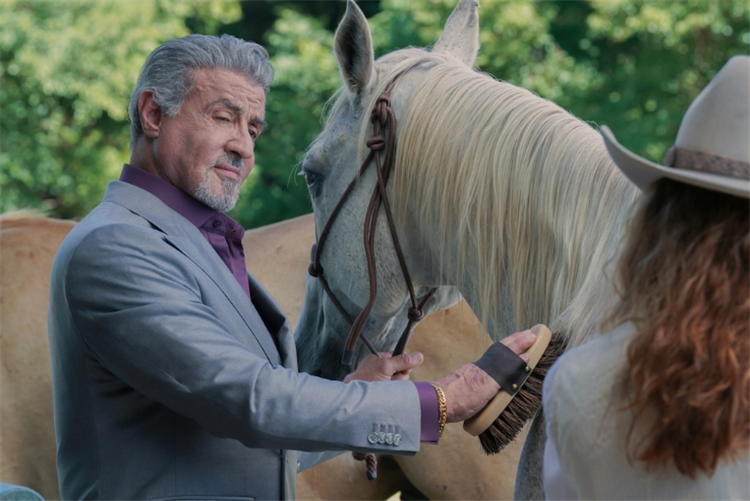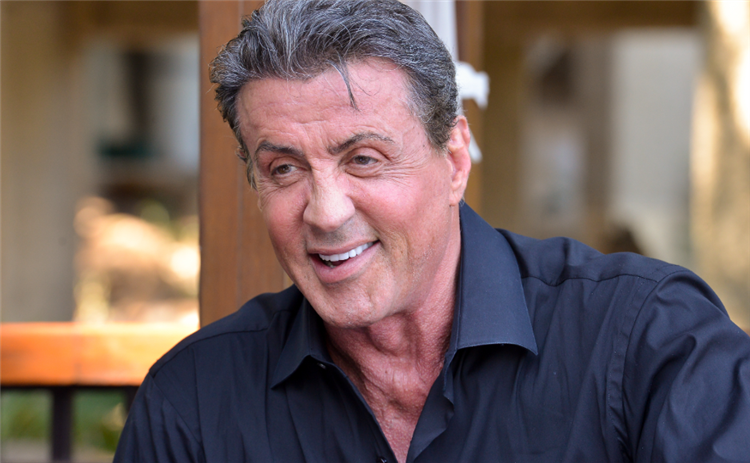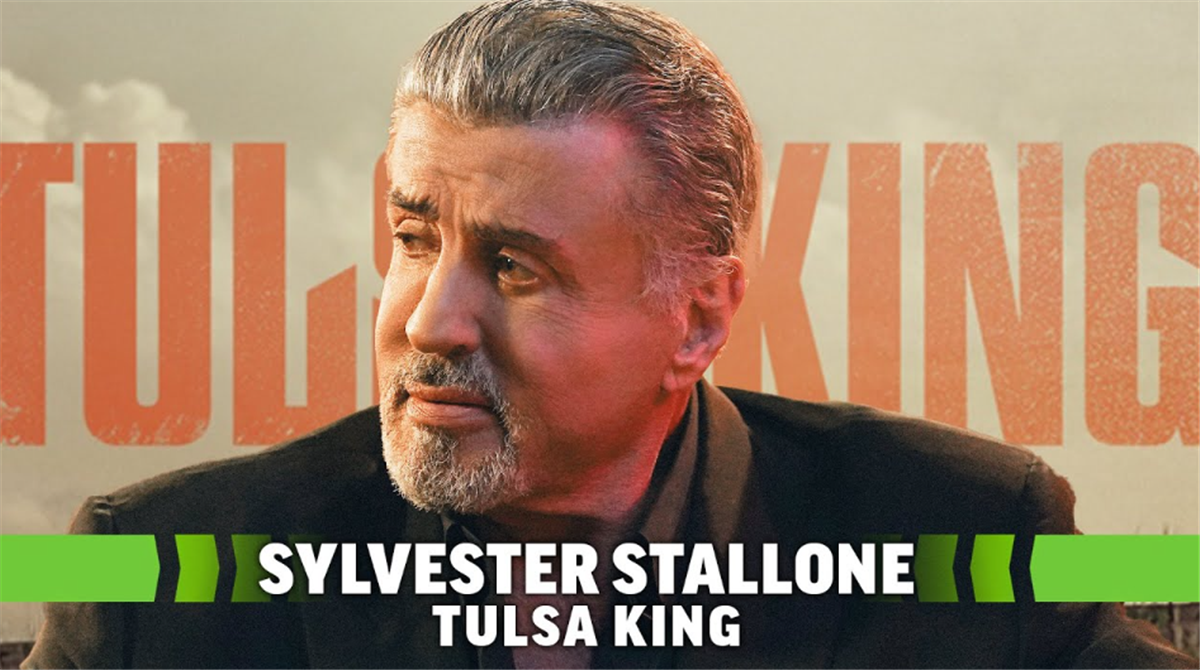The new Paramount+ series Tulsa King is a gritty, crime-drama fan’s dream come true. Written by Oscar-nominee Taylor Sheridan (Yellowstone) and Terence Winter (The Sopranos), and starring Sylvester Stallone, this series marks a wholly unique concept in the onscreen mafia underworld. Chronicling the journey of Dwight “The General” Manfredi (Stallone), a mafia capo recently released from prison after 25 years, Tulsa King moves from the big city domains audiences are accustomed to seeing gangsters lording over, to a location down south. Displaced by his family, who claim there’s nothing for him in New York, Manfredi is relocated to a territory in Tulsa, Oklahoma where he’s meant to establish the mob’s presence.
During his interview with Collider’s Editor-in-Chief Steve Weintraub, Stallone delved into the idea of owning the projects he’s a part of, whether it be tweaking scripts to feel more natural, or ad-libbing when necessary. He discusses how with Tulsa King, Stallone wanted to incorporate more of his own personality and style to make the character of Manfredi more rounded to audiences, though Stallone assures us he can still “go gangster on you.” He also shares which of his films he’d suggest to first-time fans (hint: it isn’t Rocky) and talks directing Tulsa King episodes, should a second season be ordered. For more on Tulsa King, check out Collider’s review by Nate Richard.

COLLIDER: You’ve done so many cool things in your career. If someone has actually never seen anything you’ve done, what is the first thing you’d like them watching, and why?
STALLONE: Even though you’d say Rocky, I think First Blood. That’d be an introduction, because you cover a lot of bases in that one.
STALLONE: Yeah, thank you. There is that.
Everything Taylor [Sheridan] touches turns to gold. When you signed on for this, did you and Taylor talk about, “Hey, this could go for multiple seasons…?” Is that something that you’re interested in?
STALLONE: Yeah, we did. We did touch on that. I’m a big believer, since I started my career, in sequels. I think that if you build a character, why have them disappear? Like say, The Godfather, Michael [Corleone], you want to see him move on. I want the same thing with this. But the one aspect that we added was, in his original concept, which is great, gangster goes west… it was a little more serious and a little tougher.

I thought if I could throw in my personality – because it’s a little off-center at times, irreverent – then you have a gangster who’s not incredibly threatening. I mean, he can go gangster on you, but then again, he can be silly and do jokes, and kind of embrace other people instead of threatening them. He goes, “Oh, he’s a gatherer. He’s a guy that coordinates people together.” He sets up his own kind of, let’s say paradigm, his own periphery, of allies, instead of alienating people, even though they’re… one’s a computer nerd, one sells weed, one is this guy, one is a cowboy, eventually you see Indians, everyone but an Italian.
You are obviously a very talented writer-director. When you’re working with someone like Taylor and Terence Winter, when the scripts are obviously good, are you ever tweaking anything? Part two: Are you thinking about, if you get to do a second season, directing any episodes?
STALLONE: Yeah, I was going to direct the first episode, for sure, and I spoke primarily with Taylor, but more with Terry. I say, “Look, I understand what you’re trying to convey here,” but quite often I have to put it in my own words. It helps me memorize it, but also there’s a certain cadence that everyone has. Your cadence is different than my cadence, so you can write better for yourself than I can write, if you have that ability. You know, you just know what words, what vowels, what consonants to use, and so on and so forth. And that happens. So when you see some of these little ad-libs and asides, that to me is what makes it… it just seems spontaneous rather than overly rehearsed.
